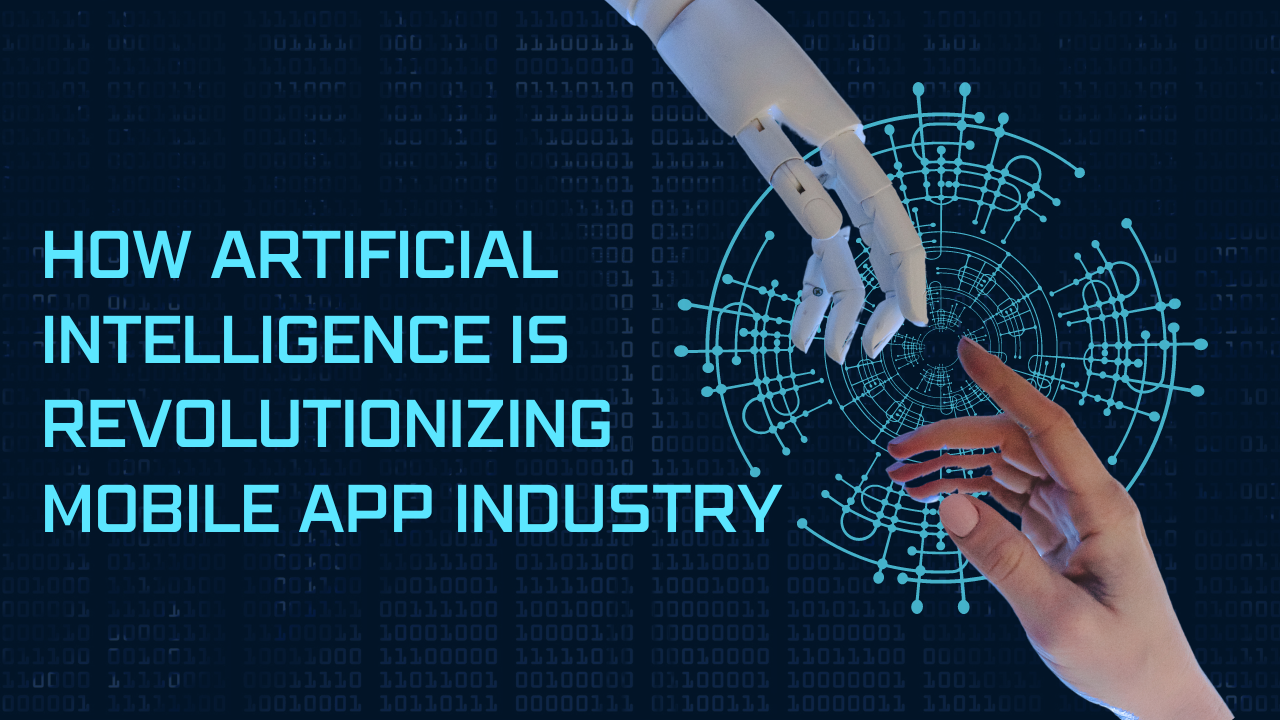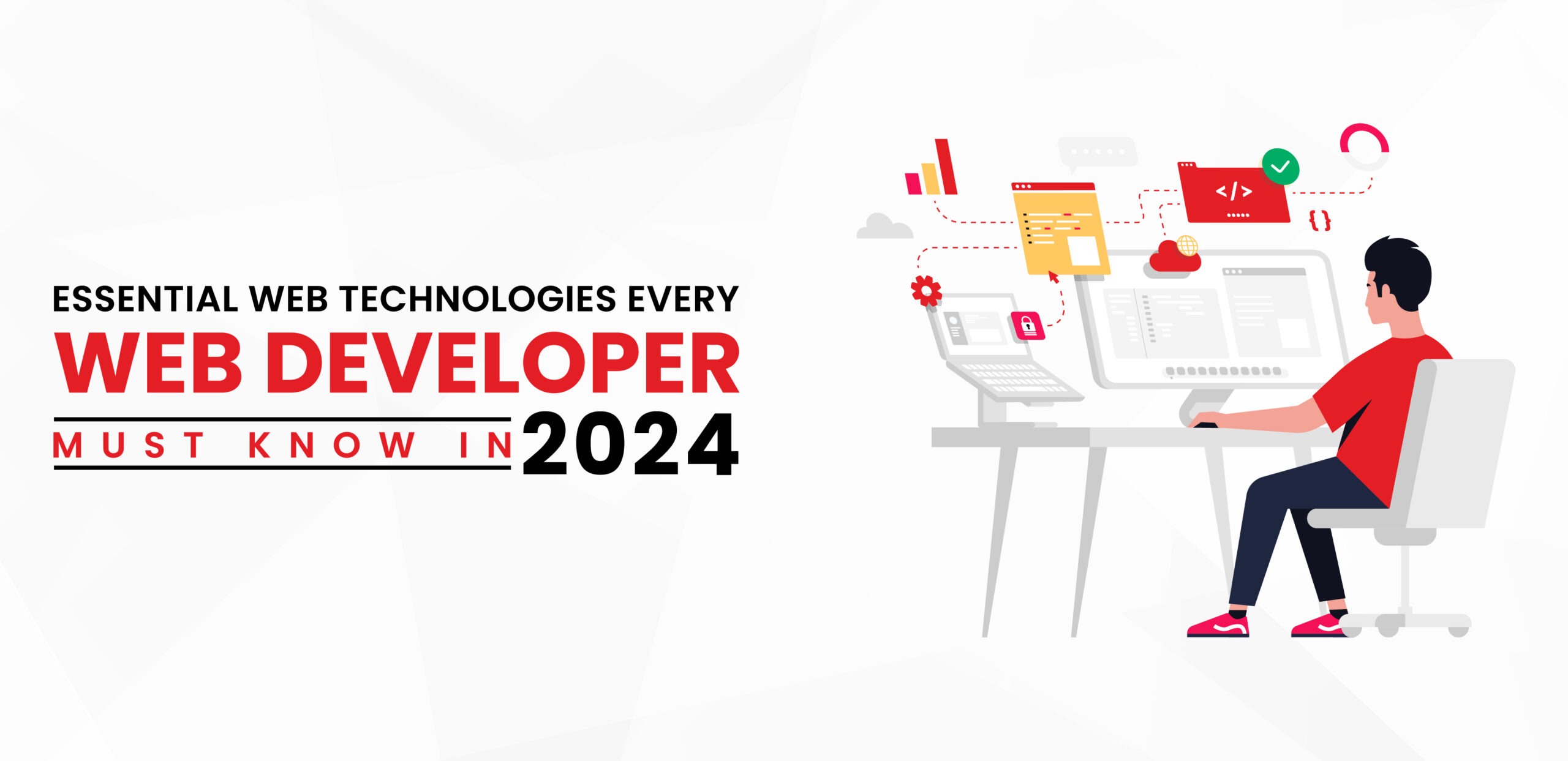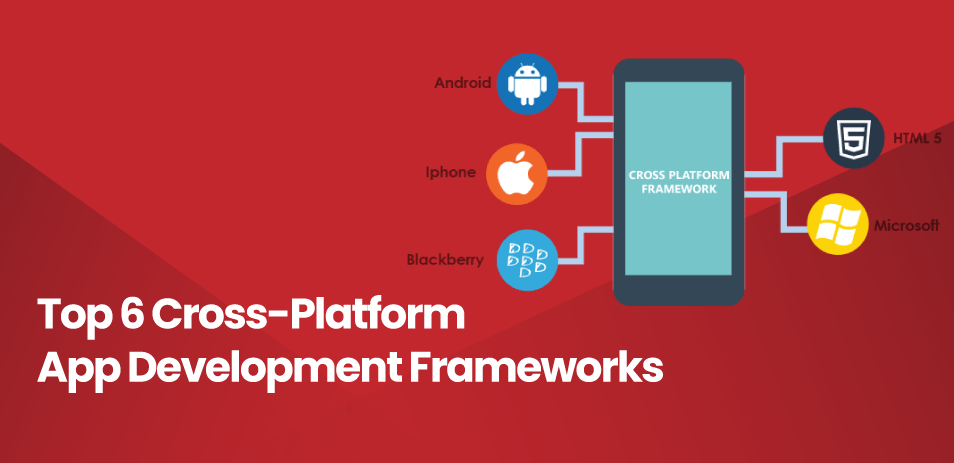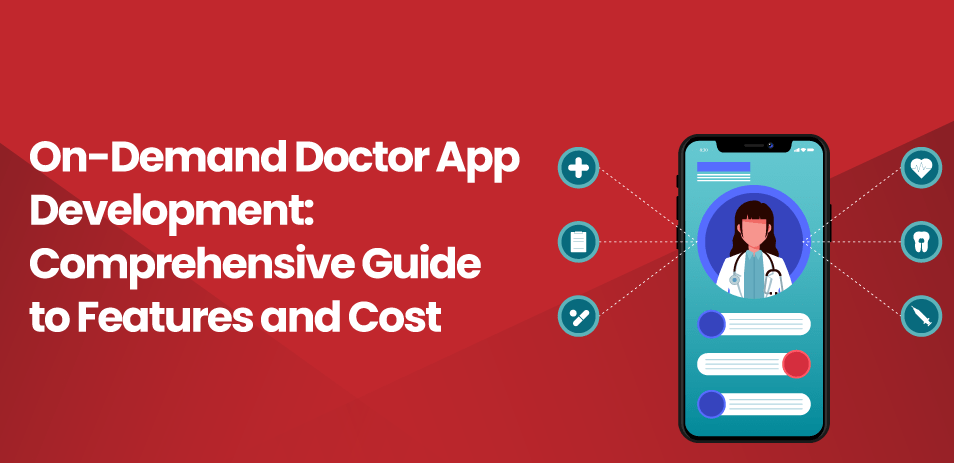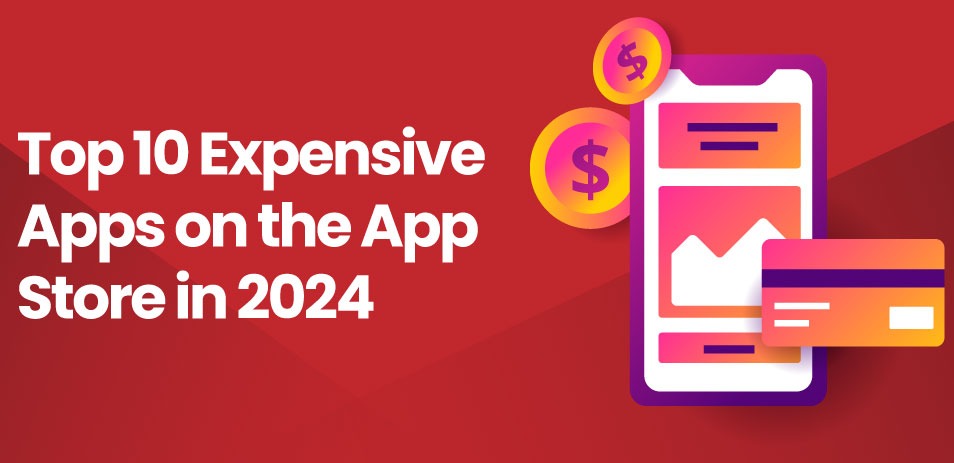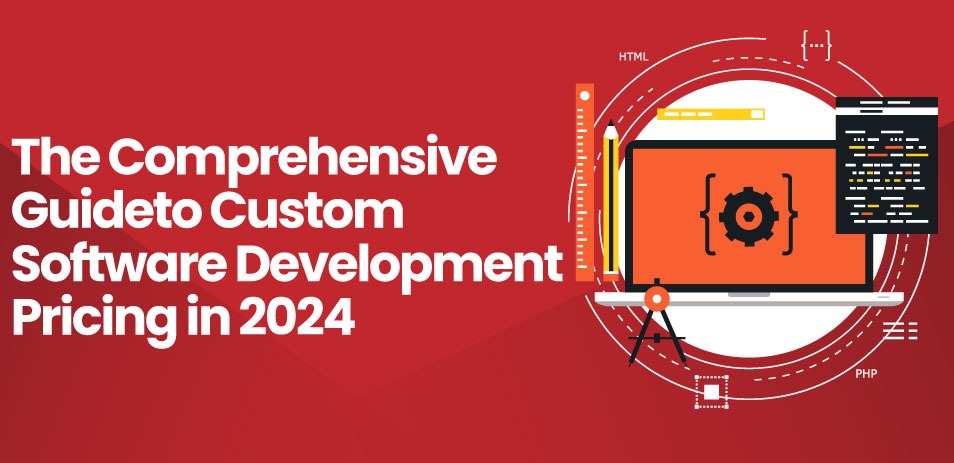Overview
The fusion of two cutting-edge technologies, Artificial Intelligence (AI) and mobile app development, has ushered in a new era of possibilities. As we delve into the realm where AI intersects with app development. It becomes evident that the landscape is undergoing a radical transformation. In this blog, we will explore the groundbreaking ways in which Artificial Intelligence is revolutionizing the mobile app industry. How businesses, including mobile app development companies, are leveraging this synergy to create smarter, more intuitive, and highly personalized applications. That cater to the ever-growing demands of the modern world. Join us on this journey to uncover the intricate connections between AI and mobile app development. And how they are collectively shaping the future of technology.
Statistics Related To Artificial Intelligence (AI) For Mobile App Development
- The global artificial intelligence (AI) market size was valued at USD 454.12 billion in 2022. And is expected to hit around USD 2,575.16 billion by 2032, progressing with a CAGR of 19% from 2023 to 2032.
- 66% of organizations plan to invest in AI to improve their mobile app experience.
- Gartner predicts that by 2022, 80% of all mobile apps will use AI technology to improve user experience.
- The global market for mobile AI is projected to reach $22.8 billion by 2023.
- 61% of businesses believe that AI-powered mobile apps will give them a competitive advantage.
- AI-powered mobile apps can lead to a 300% increase in the revenue of the mobile app development industry.
- The healthcare industry is one of the top industries to adopt AI in mobile app development. With an estimated CAGR of 43.5% from 2020-2027.
Crafting Your Ideal Mobile App/Experience Starts Here!
Ready to elevate your business? Your custom app is just a click away.
Yes Let’s goThe Ways That AI Is Being Used In Mobile App Development
Artificial Intelligence (AI) is indeed revolutionizing the mobile app industry in several ways, transforming the way apps are developed, used, and experienced. Here are some of the key ways AI is impacting the mobile app development company in Dallas:
Personalized User Experience
A personalized user experience like no before is made possible by artificial intelligence, which has completely changed the mobile app market. Apps are now capable of understanding user preferences, behaviors, and habits thanks to data analysis and machine learning algorithms. Apps can give personalized information, recommendations, and services thanks to this intelligence, increasing user engagement and happiness. AI-driven personalization encourages a closer relationship between users and apps by making suggestions for relevant goods, curating news feeds. By presenting users with products that are in line with their interests. This strategy increases retention rates while also promoting conversions. The tailored experience is expected to improve more and become more crucial to the success of mobile apps across multiple industries. As AI continues to improve its comprehension of user habits.
Chatbots and Virtual Assistants
Customer interactions in mobile apps have been changed by chatbots and virtual assistants driven by AI. These smart assistants respond right away, helping users with questions, issues, and information retrieval. They streamlined customer assistance procedures, ensuring round-the-clock availability, by automating mundane operations and enquiries. Chatbots are excellent at a variety of tasks, including tracking online orders and making hotel reservations. They minimize wait times and provide reliable service while generating seamless customer experiences. The confluence of AI and app ecosystems is also demonstrated by virtual assistants like Siri and Google Assistant. Which not only handle app-related requests but also manage device activities. Chatbots have become a mainstay of contemporary mobile app development as a result of the marriage of AI and chatbots. Which has increased user pleasure while also lowering operational costs for enterprises.
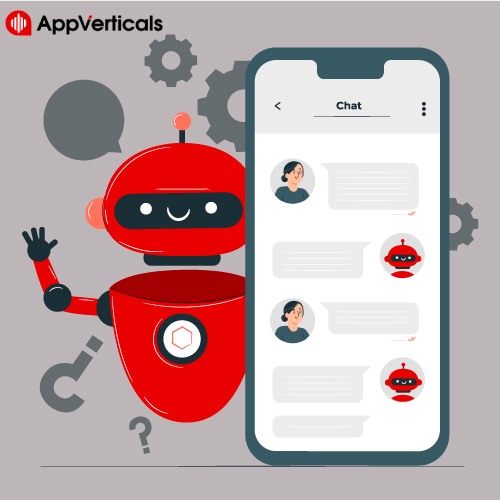
Predictive Analytics
The mobile app market is changing as a result of predictive analytics powered by AI that uses user data to predict future trends and behaviors. Apps can accurately predict what users will do next by analyzing previous interactions, preferences, and habits using machine learning algorithms. With the use of this technology, app developers may customize offers, experiences, and content for specific users. Which will increase user engagement and retention. Apps can actively propose suitable items, services, or information by anticipating user wants and preferences, increasing user satisfaction. Based on anticipated user behavior, predictive analytics helps developers optimize app speed and user interface design. Predictive analytics will be essential in developing highly customized and responsive mobile apps as AI develops.
Also Recommended: Benefits of Machine Learning Techniques for Mobile App Development
Enhanced Security
A game-changer for the mobile app market, AI-driven increased security addresses the growing concerns about user data privacy and protection. AI systems are able to spot suspicious patterns of behavior, identify potential security risks, and send administrators and users immediate alerts. AI makes sure that using biometric authentication, such as fingerprint and facial recognition, is secure and seamless. Machine learning models can continuously pick up on new cyberthreats and adapt, making apps more resistant to changing attack techniques. AI improves the overall security posture of mobile apps, increasing user confidence, by encrypting sensitive data.
Image and Speech Recognition
Mobile apps are changing as a result of the layer of knowledge that AI-powered image and speech recognition is bringing to visual and auditory data. Apps can now identify objects, scenes, and even people thanks to image recognition algorithms. Which improves user experiences in domains like augmented reality and authentication. Image recognition is revolutionizing how we use mobile devices, from allowing users to unlock their phones using facial recognition to assisting people with vision loss to navigate the world. Similar to how hands-free interactions and voice commands are made possible through speech recognition. This technology is used by voice assistants like Siri and Google Assistant to comprehend user requests and act upon them. Streamlining actions like setting reminders, sending messages, and conducting web searches.
Crafting Your Ideal Mobile App/Experience Starts Here!
Ready to elevate your business? Your custom app is just a click away.
Yes Let’s goNatural Language Processing (NLP)
The mobile app market is undergoing a transformation thanks to Natural Language Processing (NLP), which is overcoming the technological and human communication gaps. Apps can understand and produce human language with NLP, changing text-based interactions. NLP is used by chatbots and virtual assistants to have meaningful conversations with users. While providing information retrieval, recommendations, and customer service. Apps may measure user emotions and opinions using sentiment analysis enabled by NLP, which enables organizations to hone their strategy. NLP is also used by language translation apps to overcome language boundaries and link individuals all over the world. NLP improves user experiences by enabling precise communication, content curation, and context-aware interactions in anything from language learning programs to social networking platforms.
Healthcare and Fitness Apps
With the addition of artificial intelligence, health and fitness apps are undergoing a revolutionary change. These applications employ AI to track and examine user health information and provide tailored wellness advice. Vital signals, such heart rate and sleep patterns, are interpreted by AI-powered algorithms, assisting in the early identification of health problems. Additionally, by providing personalized workout regimens, food programs, and meditation techniques, these applications enable users to actively control their well-being. By analyzing medical photos, AI-driven image analysis aids in making quicker and more accurate diagnoses of medical disorders. These developments have enabled healthcare and fitness apps to increase remote patient monitoring, encourage preventative healthcare, and raise users’ general awareness of their own health.
App Development and Testing
With its ability to streamline and improve different areas of the process, AI is altering the world of app development and testing. Automation of code generation with AI-powered tools speeds up development processes and lowers human mistake rates. Developers may create effective apps with the help of these tools, which analyze project requirements and provide code templates. By spotting probable faults and flaws through code analysis, AI helps automated quality evaluation in testing, resulting in more streamlined app performance. Machine learning algorithms forecast potential code weaknesses and recommend fixes, resulting in more effective security measures. AI also helps with user experience testing by mimicking user interactions and producing insightful data on the usability of apps. Faster deployment, better code quality, and increased user satisfaction are all benefits of this integration of AI with app development and testing.
Content Creation and Curation
The generation and curation of content for mobile apps has been completely transformed by AI. AI algorithms can produce personalized content at scale by studying user preferences and patterns. AI-powered technologies generate interesting and pertinent material for everything from articles and videos to social media postings, requiring less manual labor. AI also helps with content curation by filtering through enormous amounts of data to show people stuff that is relevant to their interests. Through the provision of personalized information and entertainment, this improves user experiences. As AI develops, content generation processes become more effective and dynamic, enabling apps to keep users informed and interested in a quickly evolving digital environment.
Augmented Reality (AR) and Virtual Reality (VR)
Immersive experiences have been made possible by the incorporation of AI in smartphone apps for augmented reality (AR) and virtual reality (VR). actual-time object detection and interaction tracking made possible by AI improve AR by allowing virtual elements to seamlessly merge with the actual world. AI-driven spatial mapping enhances the experience of presence in VR by producing more realistic settings. From gaming and entertainment to education and training, these technologies have broad ramifications. Users may interact with material in novel ways, visually test out products, and master difficult topics through interactive simulations thanks to AI-driven AR and VR. The convergence of AI and AR/VR promises to transform. How we experience and engage with digital and physical realities as mobile hardware and AI technology improve.
App Marketing and User Acquisition
The user acquisition and app marketing landscapes have seen a dramatic change as a result of AI. AI algorithms may customize marketing campaigns to target audiences by examining user behavior, preferences, and demographics, increasing engagement and conversion rates. Marketers can test various ad creatives and messaging using automated A/B testing to find the most successful ones. By foreseeing which channels will produce the best results, predictive analytics aid in the optimization of ad placements and expenditures. Chatbots powered by AI can interact with potential users by responding to their questions and sharing details about the app. App marketers may effectively make judgments, improve their targeting methods, and draw in a wider user base with AI’s data-driven insights and automation.
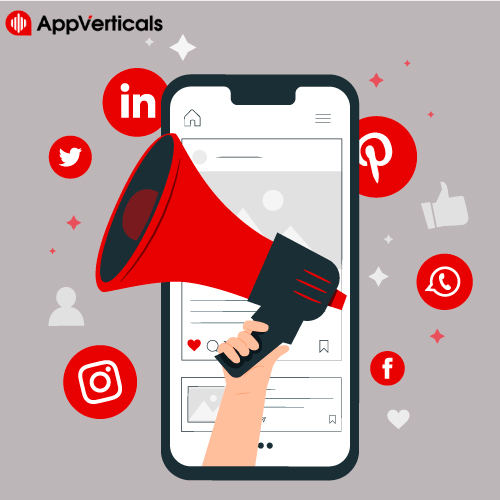
Automated Language Translation
AI-powered automated language translation has transformed accessibility and communication within mobile apps. These systems accurately convert text and audio from one language to another in real time by utilizing cutting-edge neural machine translation techniques. This makes it possible for apps to reach a worldwide audience and overcome language obstacles. Automated translation improves user experience by making material, reviews, and information understandable to non-native speakers, which boosts user communication. For apps in the e-commerce, travel, and educational sectors, it is especially important. AI-driven translation tools continuously get better thanks to machine learning, adjusting to different linguistic nuances and settings. By promoting inclusivity, broadening the app market, and fostering cross-cultural connections, this technology eventually improves the mobile app experience for users all around the world.
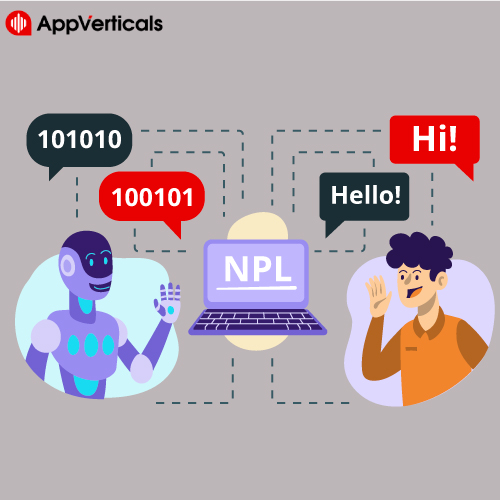
Conclusion
The mobile app market has undergone a tremendous transition as a result of the introduction of AI, with effects on everything from user experience to marketing tactics. It is impossible to overestimate AI’s influence on how mobile app development will develop in the future as it continues to improve. The ability of AI to analyze user data and offer customized experiences has led to the development of essential pillars for app development such as personalization, automation, and improved user engagement. Additionally, by including AI-driven chatbots, predictive analytics, and security measures, apps have improved in terms of quality overall, making them more safe and user-friendly.

